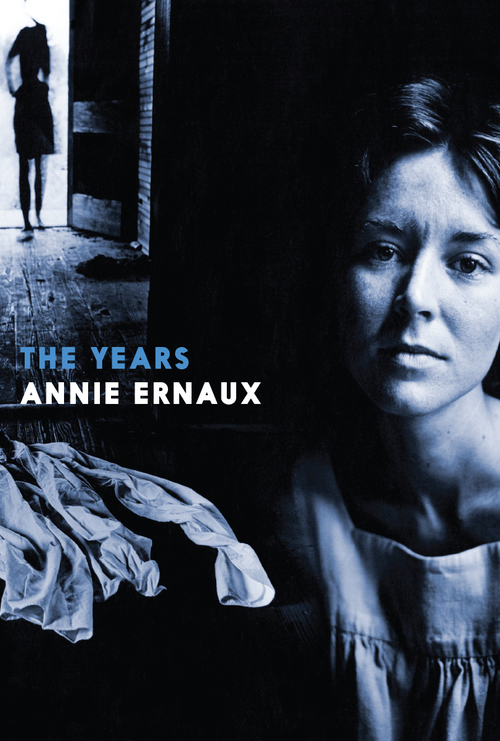Books |
Annie Ernaux: The Years
By
Published: May 21, 2019
Category:
Memoir
I don’t know what to call “The Years” — history? memoir? — but I do know it’s the best book I’ve read this year. For me, that means the writer is in my head — I can connect to the characters, I find their thoughts and actions credible, and more, their thoughts and actions resonate with my life experience.
Annie Ernaux is now 79. She’s French. She grew up in Normandy, where her parents ran a café. After the University of Rouen, she taught, wrote a novel, then switched to autobiography. She published this book in 2008, when she was 68 — more or less my age. Other than that, we have nothing in common. And yet….
… it’s her style.. Although “The Years” is the story of Ernaux’s life, from 1941 to 2006, it is not what we’re used to as autobiography or memoir. She writes in the third person — as “elle.” This distances her from every memoir you have recently read; there’s no confession, no unearthed secret, no hard-earned life lesson. Instead, there is — it’s such a cliché, but there’s no other way to say this — the story of a generation. And although she’s French, and female, and every other thing that makes her life foreign to mine, we have shared much the same history — that is, politics and media and whatever gets lumped into “culture.” As she explains it:
This will not be a work of remembrance in the usual sense, aimed at putting a life into story, creating an explanation of self. She will go within herself only to retrieve the world, the memory and imagination of its bygone days, grasp the changes in ideas, beliefs, and sensibility, the transformation of people and the subject that she has seen.
In a way, this is a book of photography — life, described as if we’re looking at photographs. The book begins: “All the images will disappear.” Start with post-war poverty. School. Early fumbling with boys. And then, suddenly, the pill is legal. The Vietnam War. Couples.
Couples: how strange it is to want to be different and yet to fall into the old forms. “We were forming tiny cells… Unmarried people, oblivious to monthly bills, tiny Gerber jars, and Dr. Spock, were viewed as an immature species whose freedom of movement vaguely offended… The more immersed we were in work and family, said to be reality, the greater was our sense of unreality.”
“We were amazed to be where we were and to have all that we’d desired, a man, a child, an apartment.”
“In family moments she feels rather than thinks.”
“Between what happens in the world and what happens to her, there is no point of convergence.”
“The ideals of May ’68 were being transformed into objects and entertainment.”
Later, after the divorce: “The future is the next man who will make her dream, buy new clothes, and wait: for a letter, a phone call, a message on the answering machine.”
Are these thoughts and perceptions familiar to you? They resonate here! [To buy the paperback, click here. For the Kindle edition, click here. To read my review of Ernaux’s earlier memoir, “Simple Passion,” click here.]
Time moves faster. We accumulate things: “We who were undeceived, who seriously examined the dangers of advertising with our students … bought a stereo, a Grundig radio-cassette player, and a Bell & Howell Super-8 camera. … For us and by us, consumption was purified.” Our early lives recede: “At holiday lunches, references to the past were few and far between. For the younger people there seemed no point.”
And now? “The future is replaced by a sense of urgency.” My take: it doesn’t matter how old you are, this is how it feels to be alive now. Much has been lost — eventually, everything and everyone will be lost. But at the end of the book… no, no spoilers. Images? Yes. And a reminder to hold on to yours, to seize the time.
To read this book is to become more alive.
BONUS BESTS
In previous years, my choices for “best book of the year” were Exit West and My Name Is Lucy Barton and Alice Munro’s collection of stories, Dear Life.


